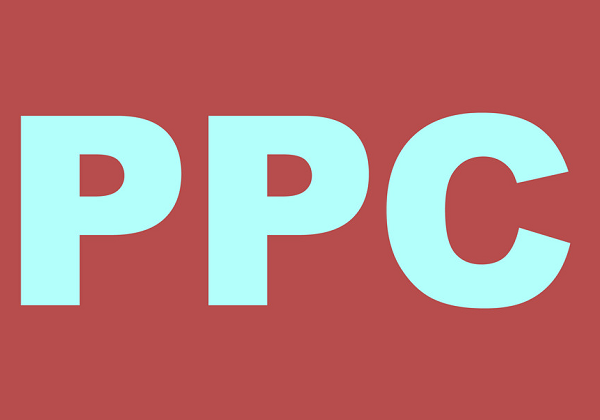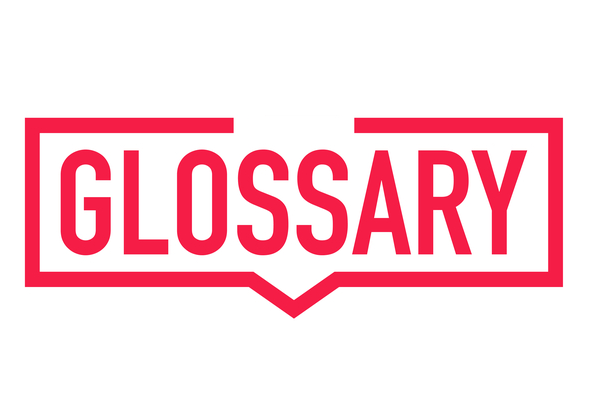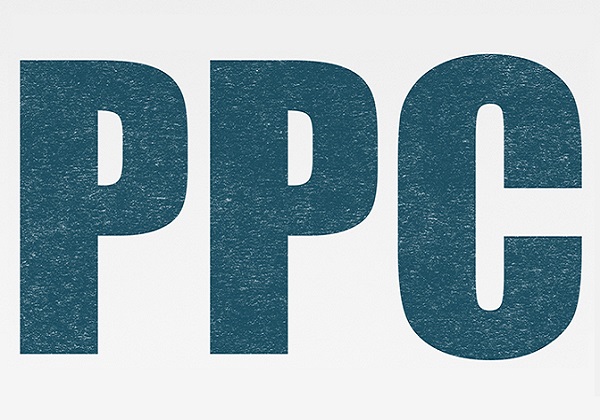



Many Startup companies open each year, and they run PPC Ads to advertise their products or services on search engines. You should consider several factors and analyze data whenever you set up PPC campaigns. The execution of a PPC campaign with thoughtful planning and careful consideration can be a good investment for startups. PPC is one of the best marketing channels and thus, Digital Marketing Boy would like you to include PPC in your marketing strategy. Following are the aspects of PPC that can help startups to create effective campaigns:
A. Define your Goals: Make sure you know about your achievements before creating a PPC advertising plan. If you are launching a startup, then define your goals by questioning yourself about your offerings, products, potential customers, target audience, monthly budget and more. Be more specific in answering these questions and build a successful pay per click (PPC) strategy. Spend some time to plan a PPC strategy before setting up PPC campaigns (including Ads creation and selection of keywords).

B. Choose the Right Keywords: Digital Marketing Boy suggests you consider long-tail keywords when you perform keyword research for your startup business. They are cost-effective and highly targeted as compared to short tail keywords. Once you prepare a list of relevant long tail keywords, figure out the popular ones and use them in your pay per click (PPC) campaigns. KWFinder and Google Keyword Planner are the powerful SEO tools for you to determine the best long-tail keywords for your PPC campaigns. Read our blog 'What are Long Tail Keywords?'

C. Analyze your Competitors: Complete a competitive analysis once you define your goals and choose the right keywords. You will get a better idea of your competitors by analyzing their landing pages, Ads, acquisition tactics and keyword bidding strategies. Save your time and money by focusing only on the relevant competitors that are active in an online market.

D. Track your Conversions: Setting up conversions tracking is one of the best aspects to optimize pay per click (PPC) campaigns and measure the performance of your business. Determine the campaigns resulting in conversions at the required cost per acquisition (CPA) and create a spend optimization model. You should change Ads messaging and target audience of underperforming PPC campaigns to improve your overall conversion rate. It becomes difficult to make decisions if you cannot track the conversions from your PPC campaigns. Use tools such as Google Analytics and Google AdWords for conversions tracking.

E. Optimize your PPC Campaigns: Learn PPC tactics from experts and always advertise your business on search engines. Using a bid management tool can help you with automatic optimization of your pay per click (PPC) campaigns. If required, change the landing pages and Ads text to improve the performance of your advertising campaigns. Stay focused to initiate a PPC campaign and make sure you use your budget effectively. Regularly monitor your pay per click (PPC) campaigns for better results.

Pay Per Click (PPC) is the best marketing channel to achieve your marketing goals. For more information, read our PPC blogs 'The Pay Per Click Guide' and 'Useful PPC Tactics'.

Local PPC can help you connect, engage and grow your business.

Pay per click (PPC) definitions every advertiser should know.


Best PPC tools for your Paid media marketing campaigns.